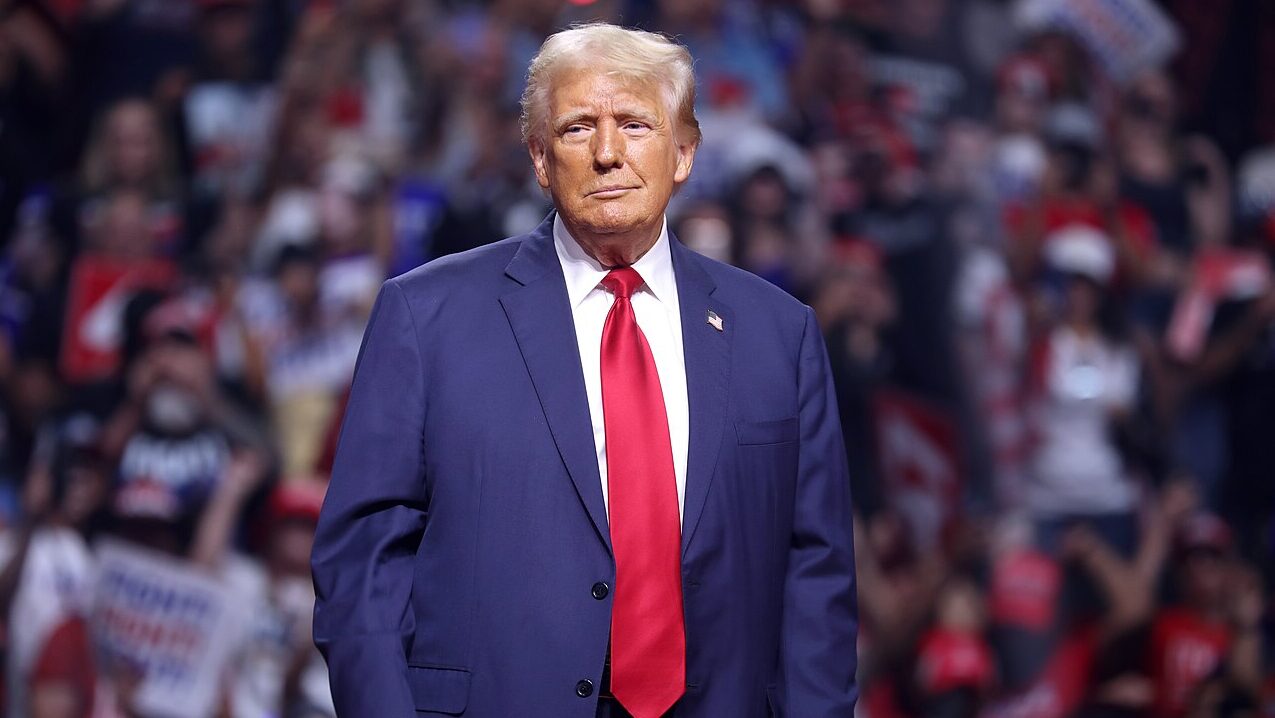Google and Twitter win SCOTUS cases on terror content.
Supreme Court Rules in Favor of Google and Twitter in Terror Incident Lawsuits
The Supreme Court has unanimously ruled in favor of Google and Twitter in two lawsuits alleging social media culpability for international terror incidents. The relatives of the victims of an ISIS attack on the Reina nightclub in Istanbul, Turkey, in 2017, and the family of the lone American fatally shot in the 2015 Paris terrorist attacks, claimed that the social media firms had contributed to the attacks inadvertently by neglecting to remove extremist content from their platforms, which may have facilitated the radicalization and recruiting of terrorists. However, the court ruled that the standard had not been reached in a decision that was very specific.
What the Ruling Means
Anyone who “aids and abets by knowingly providing substantial assistance” to a terrorist in committing an act of violence is subject to civil litigation under federal anti-terrorism legislation. However, Justice Clarence Thomas ruled that the fact that some bad actors took advantage of these platforms is insufficient to state a claim that defendants knowingly gave substantial assistance and thereby aided and abetted those wrongdoers’ acts. The rulings represent a significant success for Internet businesses who had previously cautioned that broadening the extent of responsibility would completely change the internet as we know it.
What’s Next?
Some consumer activists and tech reformers desired that the Court would play a role in limiting the influence and power of social media corporations. That responsibility now rests more firmly with Congress. Senator Dick Durbin (D-Ill.), the chairman of the Senate Judiciary Committee, described the Court’s decision not to comment on Section 230 as “disappointing but unsurprising.” “The Justices passed on their chance to clarify that Section 230 is not a get-out-of-jail-free card for online platforms when they cause harm,” Durbin said. “Enough is enough. Big Tech has woefully failed to regulate itself. Congress must step in, reform Section 230, and remove platforms’ blanket immunity from liability.”
Reaction to the Ruling
“The Court correctly recognized the narrow posture of these cases and declined to rewrite a key tenet of U.S. Internet law, preserving free expression online and a thriving digital economy,” said Matthew Schruers, president of the Computer and Communications Industry Association. “No one wants to see extremist content on digital services, especially the services themselves, which are constantly vetting millions of pieces of content in real time to promote trust and safety and protect users, consistent with their terms of service.”
While the company is “reassured by this result,” Google general counsel Halimah DeLAine Prado told the press in a statement that the company would continue to develop strategies to “safeguard online free expression, combat harmful content, and support businesses and creators who benefit from the internet.”
" Conservative News Daily does not always share or support the views and opinions expressed here; they are just those of the writer."





Now loading...